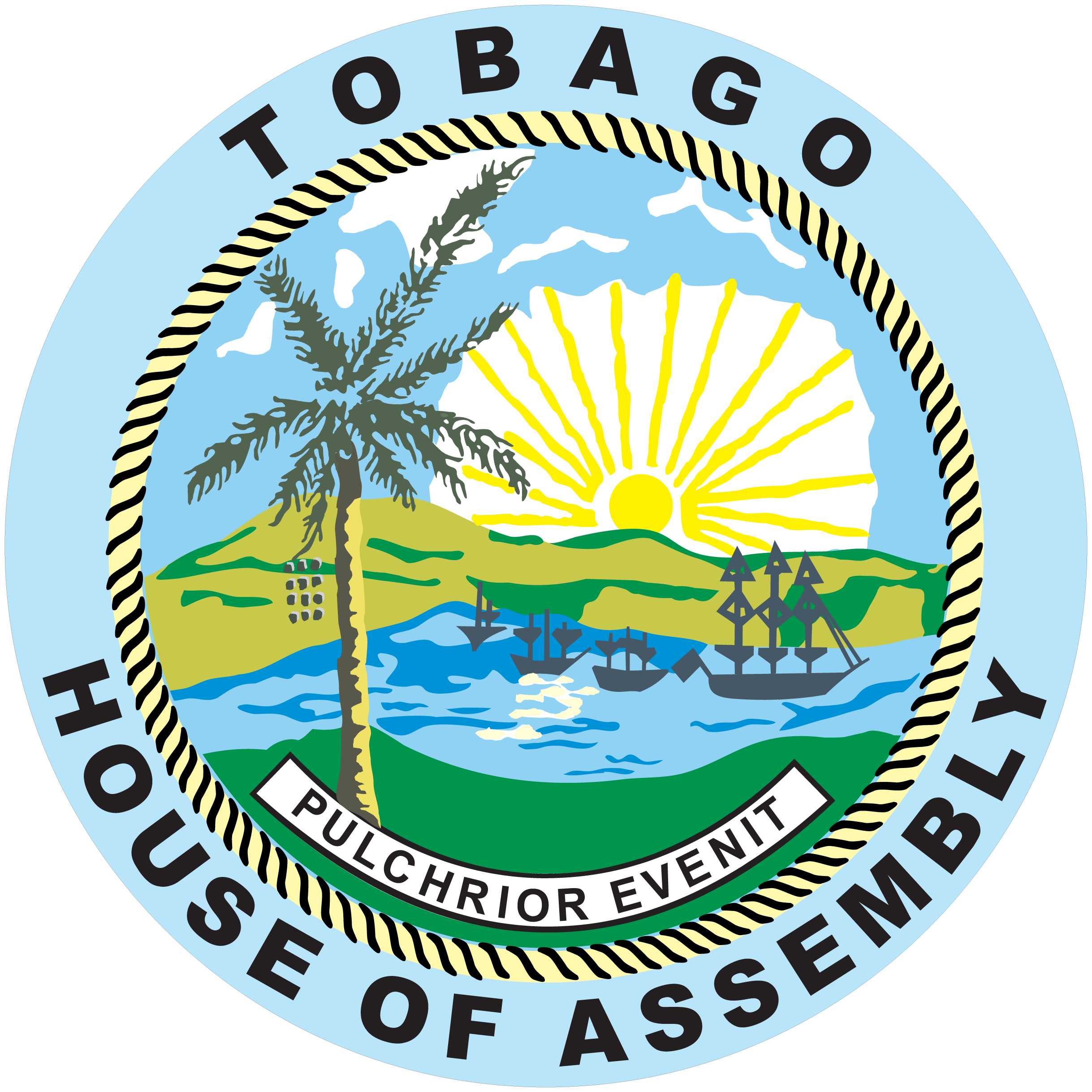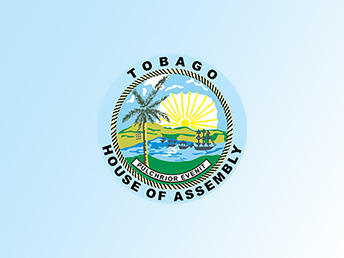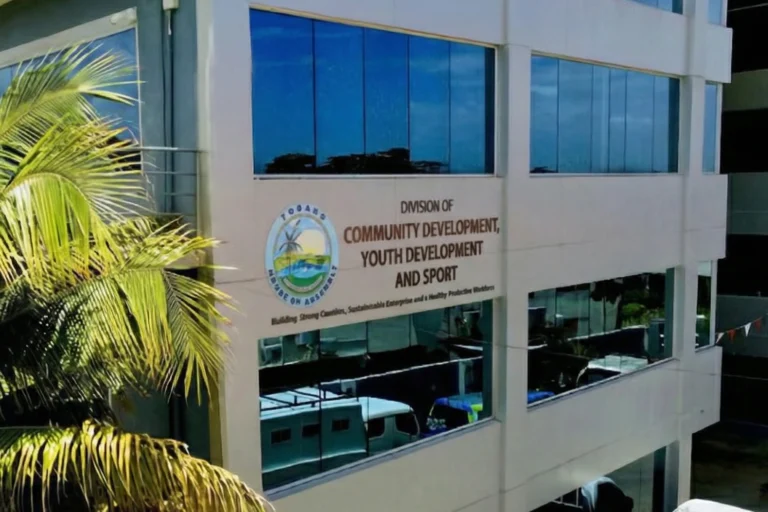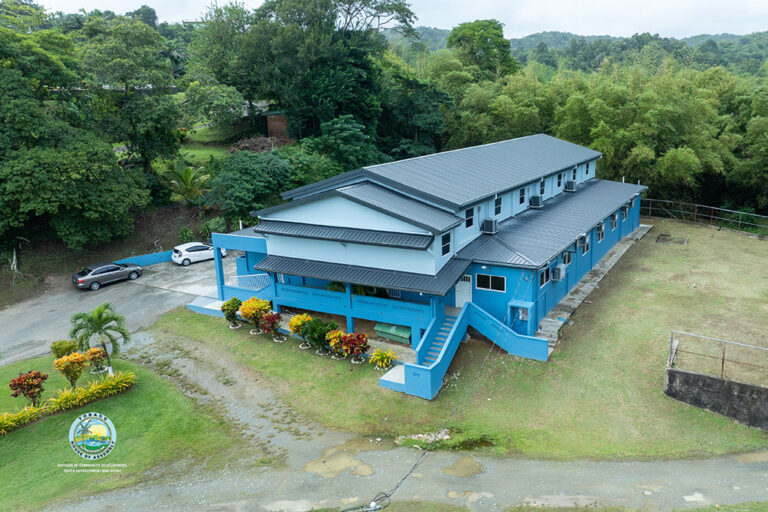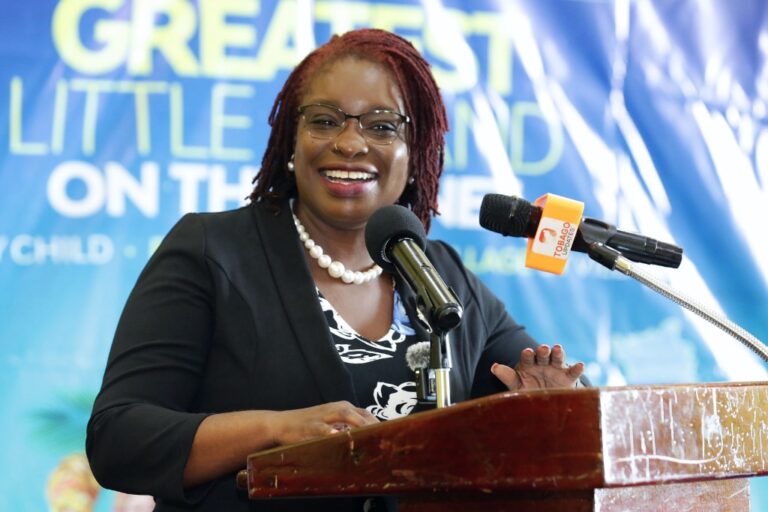“No Man’s Land”, the secluded beach bay bordering the world famous Buccoo Reef in west Tobago, will always remain a public site.
That’s the assurance from Chief Secretary Orville London, who said even if a Sandals Resort is built, No Man’s Land will remain a public space.
“Anything that we do is going to be balanced development, development that will benefit Tobago and the country, and development that is not going to undermine the environment or the integrity of the island,” London told reporters at the weekly post Executive Council briefing at the Calder Hall Administrative Complex on Wednesday (June 22).
The Sandals proposal is for three estates including Golden Grove and Buccoo, with an acreage of almost 600 acres. “No Man’s Land” is on the seafront of the Golden Grove Estate. The Golden Grove Estate owned by Angostura Holdings Limited.
The Chief Secretary said the proposal began with a conversation between the Prime Minister Dr Keith Rowley and Stewart, who visited Tobago. London said discussions with the Jamaican resort developer suggested there was a fit between the island’s tourism needs and Stewart’s initial ideas for a resort. “What was presented at that meeting is the Sandals Group idea. That is what we would look at and we would say ‘we like the idea, we don’t like the idea’,” London explained. He added that the conceptual and design stages for a resort are still very far away.
London said this is not the first time potential investors have expressed interest in the area. He recalled negotiations with Angostura Holdings in the early 2000s, which he said was a very lengthy process. The concerns recently raised in the public domain, the Chief Secretary pointed out, were issues dealt with during those talks, and the same process would have to take place with any interested investor before any agreement can be made.
London said talks with Angostura Holdings took three years, during which time the company obtained Town and Country approval and a Certificate of Environment Clearance (CEC). Even then, he stated, it would have had to agree to conditions specified by Tobago, conditions which are still valid for that project.
This includes ensuring the mangrove and surrounded areas, as a Ramsar site—internationally protected wetland—remain protected, providing a proper sewage system, and making sure the environment remains unaffected.
London said there is also a need for balance, as a resort with the brand and reputation that Sandals has, can offer significant benefits for Tobago’s tourism.
“…In fact since the talk, we have actually got expressions of interest from other [potential investors], even airlines have expressed interest… people are seeing Tobago in a different light,” London said.
